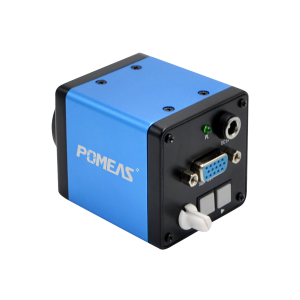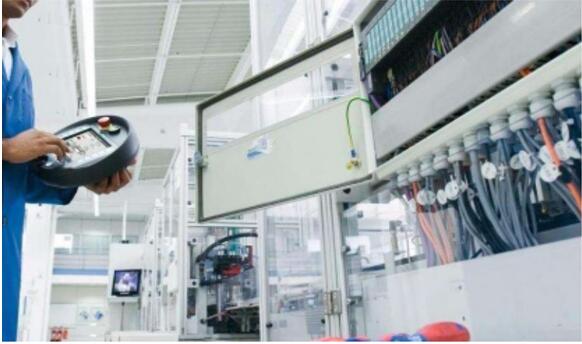In today's fast-developing industrial automation field, industrial camera as the core component of machine vision system, its performance directly determines the accuracy and efficiency of the whole system.


High-precision imaging: capturing every nuance
Industrial cameras are known for their superior image quality, capable of capturing images with micron-level or even higher precision. This is due to their advanced sensor technology, optimized optical design, and sophisticated image processing algorithms. High pixel sensors are able to capture more details and maintain image clarity even under complex lighting conditions; while precision optical lenses effectively reduce distortion and chromatic aberration to ensure true image reproduction. In addition, the industrial camera is equipped with high-speed exposure and synchronized triggering functions, which can capture clear images of dynamic objects in a very short period of time to meet the needs of accurate inspection on high-speed production lines.
High-performance operation: stable and reliable, helping continuous production
In an industrial production environment, stability and reliability are important indicators of equipment performance. Industrial cameras are specially designed and rigorously tested to operate stably for long periods of time under harsh working conditions. Its rugged housing, dustproof and waterproof design, and wide-temperature working capability ensure that the camera works properly in a variety of extreme environments. At the same time, the industrial camera also supports a variety of communication protocols and interfaces, and can be easily integrated into a variety of automation control systems, realizing seamless connection with PLCs, robots and other equipment. This high-performance operating characteristics make industrial cameras an indispensable key component in continuous production lines.
Intelligent Application: Improving Production Efficiency and Quality
With the continuous development of artificial intelligence and machine vision technology, the industrial camera is no longer just a simple image capture device, but has become an indispensable intelligent sensor in the intelligent manufacturing system. By integrating advanced image processing algorithms and artificial intelligence algorithms, industrial cameras are able to automatically identify, detect and classify products, and realize intelligent control of the production process. This not only significantly improves production efficiency and reduces labor costs, but also effectively improves product quality and customer satisfaction.
High-precision imaging and high-performance operation are the most significant performance advantages of industrial cameras. Together, they constitute the core competitiveness of industrial cameras in the field of intelligent manufacturing, providing strong support for industrial automation and intelligent upgrading.
Product recommendation
TECHNICAL SOLUTION
MORE+You may also be interested in the following information
FREE CONSULTING SERVICE
Let’s help you to find the right solution for your project!


 ASK POMEAS
ASK POMEAS  PRICE INQUIRY
PRICE INQUIRY  REQUEST DEMO/TEST
REQUEST DEMO/TEST  FREE TRIAL UNIT
FREE TRIAL UNIT  ACCURATE SELECTION
ACCURATE SELECTION  ADDRESS
ADDRESS Tel:+ 86-0769-2266 0867
Tel:+ 86-0769-2266 0867 Fax:+ 86-0769-2266 0867
Fax:+ 86-0769-2266 0867 E-mail:marketing@pomeas.com
E-mail:marketing@pomeas.com
